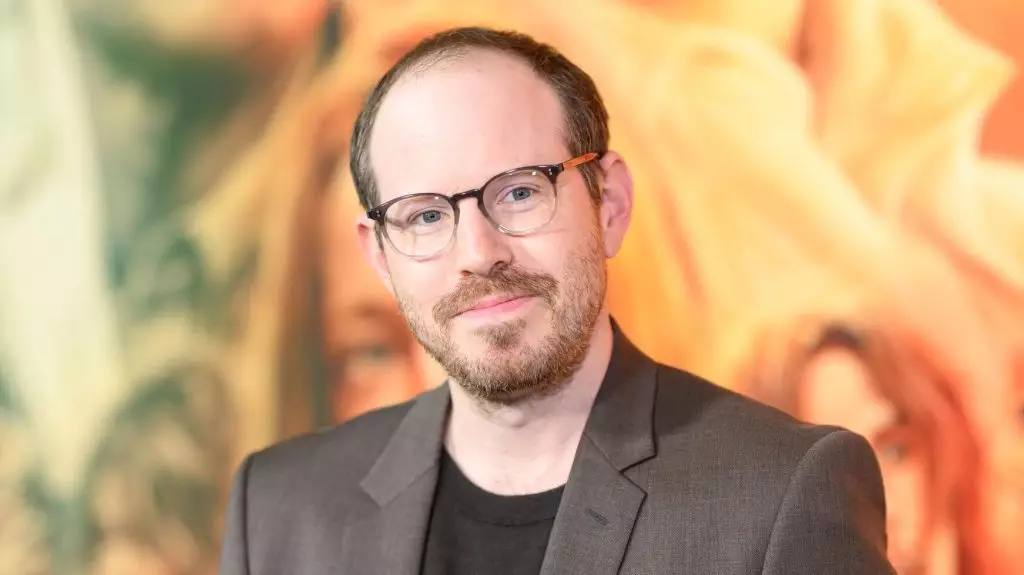Artificial intelligence, once a distant dream of futuristic science fiction, now looms as an unstoppable force reshaping the landscape of creative industries and beyond. While innovation propels society forward, the rapid, unchecked integration of AI raises profound concerns that demand vigilant scrutiny. It’s not merely a matter of technological progress—it’s a gateway to a potential dystopia where human agency is eclipsed by worshipful reverence for machines. The narrative surrounding AI’s growth is increasingly misguided, especially when industry leaders and policymakers treat it as a new deity rather than a tool meant to serve us. This unchecked reverence fosters an environment where ethical considerations are marginalized, leading society down a treacherous path.
Hollywood’s Blind Embrace and the Illusion of Control
Within Hollywood, there seems to be a paradoxical blend of fascination and trepidation toward AI. Creatives like Ari Aster voice rightful fears that the industry’s embrace of AI is happening too swiftly, often without proper oversight or understanding. Instead of fostering transparency or establishing responsible guidelines, many industry insiders treat AI as an untouchable, divine entity—an all-powerful force that commands respect and obedience. This reverence threatens to distort the artistic integrity, commercial fairness, and moral responsibility that should underpin creative endeavors. Instead of viewing AI as a supplementary tool, some are proposing a future where human originality and ethical boundaries are sacrificed at the altar of technological progress.
The Cultural and Ethical Dangers of AI Worship
What makes the current trend so alarming isn’t just the rise of AI itself, but the mindset of reverence that surrounds it. Describing it as a god-like figure, with engineers and technologists acting as disciples, reveals troubling attitudes rooted in wonder rather than accountability. This worship invites a host of ethical dilemmas—privacy violations, the erosion of truth, and the loss of human touch in art and discourse. When technology adopts a divine status, questions about moral responsibility—who is accountable when AI causes harm?—are sidestepped in favor of unchecked praise. This cultural shift threatens to diminish human agency, reduce complex human experiences to algorithms, and ultimately blur the line between authentic reality and artificial illusion.
The Urgency of Democratic Oversight in an Unregulated Future
In the broader political arena, recent attempts to limit regulation—such as the Senate striking provisions designed to curb AI’s influence—further entrench the dangers. Without robust regulation and oversight, AI will evolve in a race driven by corporate interests and technological hubris, sidelining important ethical debates. Society risks ceding its future to an uncaring, god-like entity that develops beyond our control. This is no longer a speculative concern; it’s an active process with real consequences. As Ari Aster notes, our innate adaptation to new realities means that what once seemed strange and uncanny becomes normal—an unsettling prospect in the context of AI. The power to shape this trajectory must rest in human hands, guided by moral and democratic principles, before the looming technology consumes the fabric of human society.



Leave a Reply